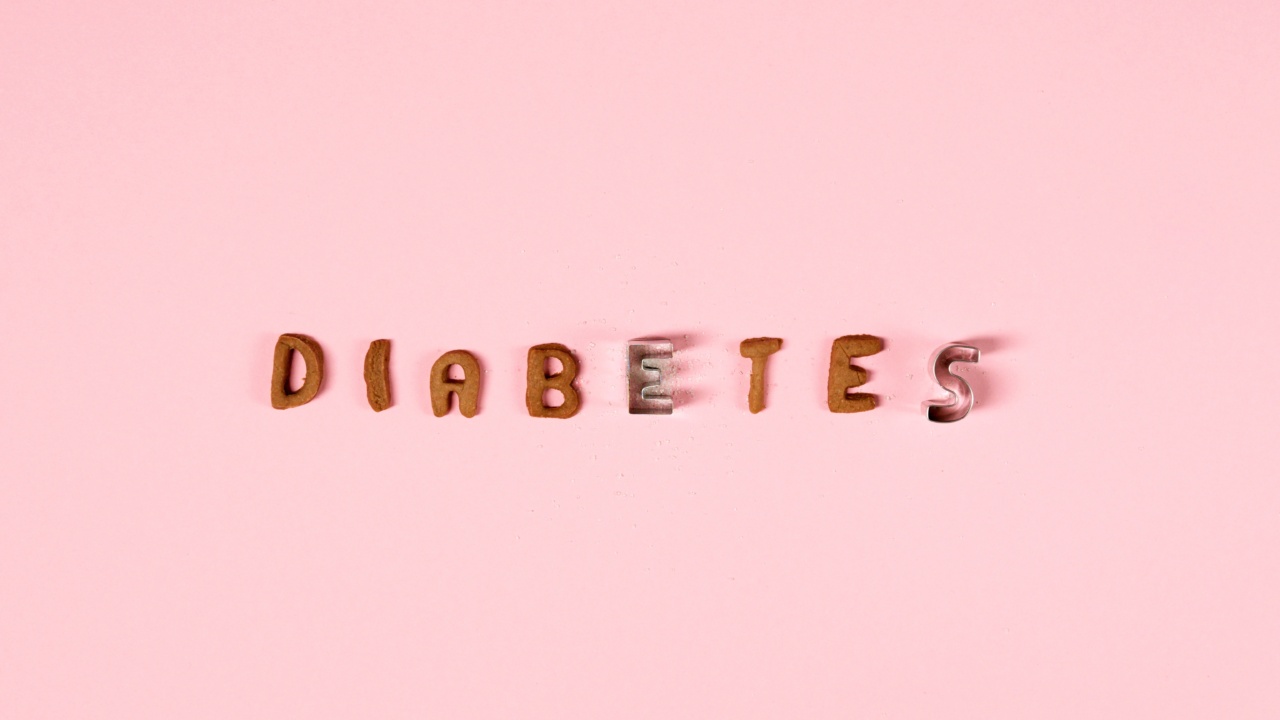Diabetes is a chronic health condition that affects millions of people around the world. It occurs when the body cannot produce or adequately use insulin, a hormone that helps regulate blood sugar levels.
An unhealthy diet is one of the leading risk factors for developing diabetes. In this article, we’ll explore ways in which an unhealthy diet can increase your diabetes risk.
1. Consuming high amounts of sugar
Consuming high amounts of sugar is one of the most significant risk factors for developing diabetes. When you eat a lot of sugar, your body produces a large amount of insulin to regulate blood sugar levels.
Over time, this can cause damage to insulin-producing cells and increase the risk of diabetes.
2. Eating processed and fast foods
Eating processed and fast foods can be convenient, but they are often high in calories, unhealthy fats, and added sugars.
These foods can contribute to weight gain, obesity, and high blood sugar levels, increasing the risk of developing type 2 diabetes.
3. Not consuming enough fiber
Fiber is an essential nutrient that helps regulate blood sugar levels and prevent insulin resistance. Not consuming enough fiber can lead to elevated blood sugar levels and increase the risk of diabetes.
4. Drinking sugary beverages
Drinking sugary beverages such as soda, energy drinks, and sweetened teas can increase blood sugar levels and lead to weight gain. This can contribute to the development of type 2 diabetes.
5. Consuming a diet high in saturated and trans fats
Foods high in saturated and trans fats, such as fried foods and processed snacks, can cause inflammation in the body. This inflammation can lead to insulin resistance, increasing the risk of diabetes.
6. Overeating and consuming large portions
Eating large portions of food can cause weight gain and increase the risk of developing type 2 diabetes. Overeating can also lead to insulin resistance and damage to insulin-producing cells.
7. Consuming a diet low in fruits and vegetables
Fruits and vegetables are rich in nutrients and fiber and can help regulate blood sugar levels. Not consuming enough fruits and vegetables can increase the risk of diabetes.
8. Skipping meals or irregular eating patterns
Skipping meals or following an irregular eating pattern can cause blood sugar levels to fluctuate. This can lead to insulin resistance and increase the risk of developing diabetes.
9. Drinking alcohol excessively
Excessive alcohol consumption can cause inflammation and damage to insulin-producing cells. This can lead to insulin resistance and increase the risk of diabetes.
10. Not drinking enough water
Drinking enough water is essential for overall health, including blood sugar regulation. Not drinking enough water can lead to dehydration, which can affect blood sugar levels and increase the risk of diabetes.
Overall, an unhealthy diet can significantly increase your risk of developing diabetes. By making healthy choices and following a balanced diet, you can reduce your risk of developing this chronic health condition.






























